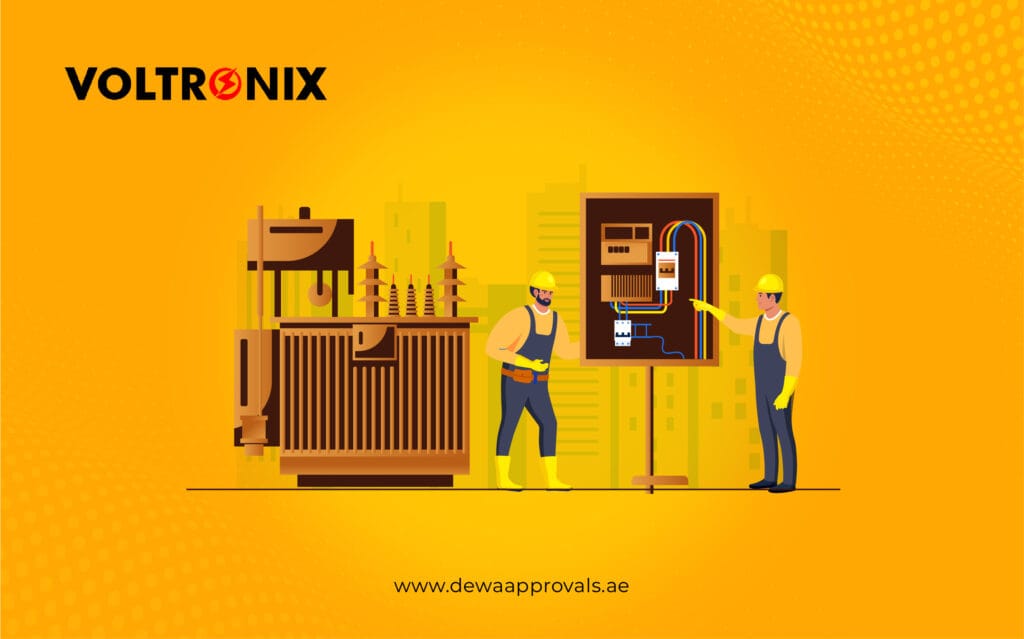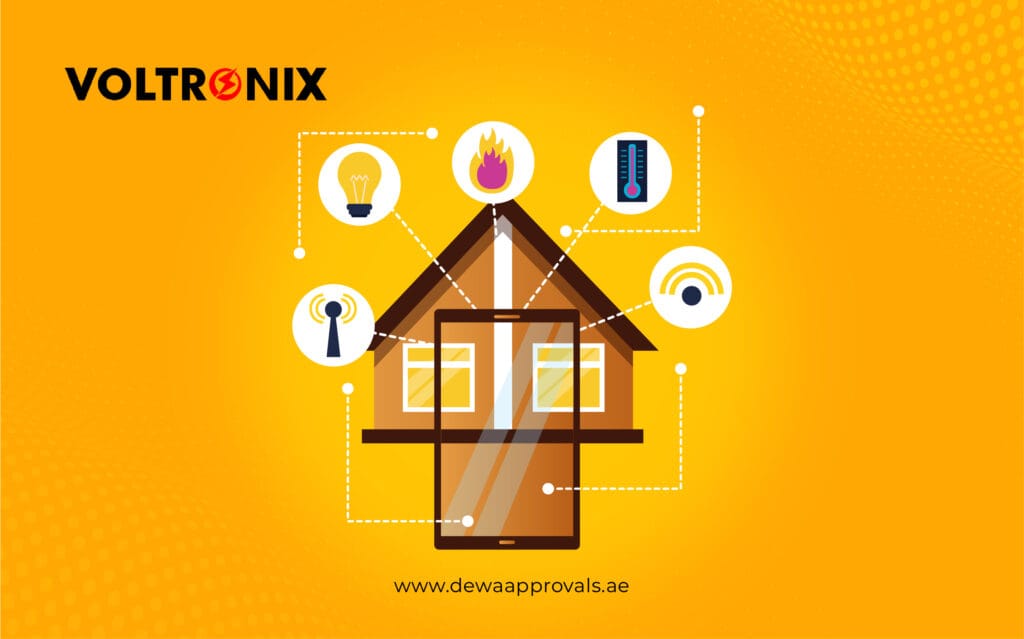Air quality has been a significant problem over the preceding years, with people spending more time indoors than before. According to the EPA, indoor air quality can contain 2 to 5 times more toxins than outdoor air. Indoor pollution levels might be way higher than outdoor levels in some circumstances. When we spend over 90 percent of our time indoors, this is a major issue. However, how can we monitor and enhance the quality of indoor air when many contaminants are colourless and odourless, rendering them invisible to the naked eye?
Fine particles from mould or dust, poisonous gases from combustion, lifestyle products and chemicals, several other building materials, and allergies are all common causes of indoor air pollution. To fight these sources, increased ventilation and the use of indoor air quality products are now necessary. If you’re seeking even additional ways to improve the air quality in your home, we will help you out.
Here are some recommendations for indoor air quality products to consider.
Air purifiers
Air purifiers filter the air, removing contaminants and reintroducing clean, cleansed air. They’re made to deal with airborne particles like dust and allergies. Air purifiers are a two-part system that consists of a fan and a filter. This will be usually a HEPA filter or a carbon filter that uses charcoal to capture pollutants. Air purifiers come in a variety of sizes, with some capable of covering a 3,000-square-foot home and others merely a single room. Keep in mind to use an air purifier that is appropriate for your indoor environment, and change the filters on a regular basis to keep the air fresh and clean.
Ventilation
Ventilation, unlike an air purifier, is for bringing outer air into the house and purify it before blowing it out. By moving heat from inside air to the cool, fresh air supply coming in, home ventilation systems remove contaminants while minimizing energy loss. Mechanical ventilation helps manage indoor air temperatures and preserves indoor air quality. This is especially critical in energy-efficient homes that are well sealed.
These devices can expel the impacts of operations that generate excess pollutants, such as welding, sanding, or painting, far more effectively than merely opening windows.
Carbon monoxide alarms
Carbon monoxide (CO) is a poisonous, colorless, and odorless gas that can only be caught by an alarm. CO is created when fuel, such as timber, coal, or natural gas, is partially burned, making it easier to come into touch with it without realizing it. Excessive exposure might cause weariness, dizziness, or flu-like signs, and excessive exposure can be lethal. Because you can’t detect CO with your eyes or nose, it’s a good idea to put sensors on every floor of the house, especially inside and outside sleeping quarters, and check them periodically.
UV lamps
Microorganisms such as bacteria, viruses, and fungi can be killed in the air and on surfaces using UV lamps that generate germicidal UV, or UV-C. UV-C lamps can be beneficial inside your HVAC system if you don’t want to install fluorescent-like UV lights inside your home. In addition, they can be a crucial line of defense in preventing unpleasant biological risks from growing in the coils and drain pan.
One disadvantage of UV lamps is that some of them can produce ozone. Because inhaling ozone can harm your respiratory health, be sure the antimicrobial lamp is ozone-free before installing it.
Dehumidifiers
Due to high amounts of moisture in the air, humidity levels might challenge the cleanliness of indoor spaces depending on your location. In humidified areas, allergies, asthma, and mold are all prevalent issues. A dehumidifier draws in air through a fan, passes it over condenser coils, cools it down, and contracts it. The leftover condensation is collected in a drawer or blown back into the room by a hose that leads to the outside.
Consider the range of moisture in the surroundings when selecting a dehumidifier—from moderately damp to severely wet—and select a type that can work at that level.
Quality range hoods
Because of the gases created by cooking, the kitchen can be a hotspot for poor indoor air quality. Gas stovetops produce co2, carbon monoxide, no2, and a variety of other hazardous particulates through burning. Due to fewer windows and less space for air to flow, small kitchens and flats may be significantly more vulnerable to gas buildup. Different degrees of particulate matter are released into the air during frying, browning, and roasting. Therefore, it may be beneficial to identify measures to improve ventilation in the kitchen.
A good range hood might be a wonderful investment in terms of increasing indoor air quality in this situation. It operates by sucking fumes, steam, and smoke from the kitchen and venting them to the outside. When cooking, it is better to utilize it all of the time.
Smart Thermostats
Thermostats regulate indoor temperatures and so control your HVAC system. A programmable smart thermostat can help you save money on electricity. Many modern digital thermostats also feature a circulation option. This means you can set your thermostat to circulate air for a specific length of time every hour. This will not only successfully minimize any hot or cold patches in your home, but it will also improve the performance of your other indoor air quality items owing to improved circulation.
Contact our DEWA Approved Contractors to solve any further inquiries on indoor air purification products.
Conclusion
It takes more than just adjusting the thermostat to create your ideal living space. It also controls humidity and ventilation, which can have a significant impact on your comfort and the environment you share. The air in your house should undergo proper filtering and cleaning. This will help to remove as many volatile organic compounds (VOCs) and contaminants that can trigger allergies. Nathan provides you with the appropriate product at the affordable fee, along with the right services. Our product line includes the best filtration system for airborne particles. To learn more about our air filtration products and their benefits, call DEWA Approved Electrical Contractors today! For your indoor air demands, our trained experts will propose the right filter type.









